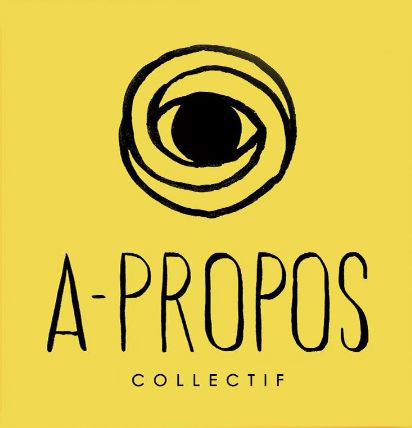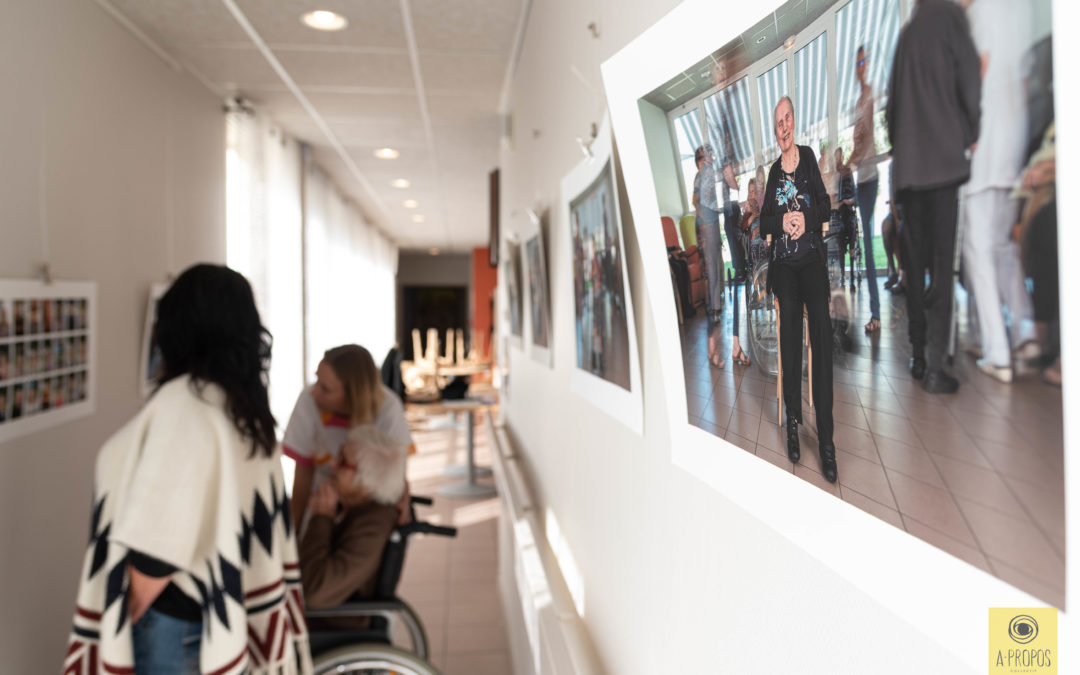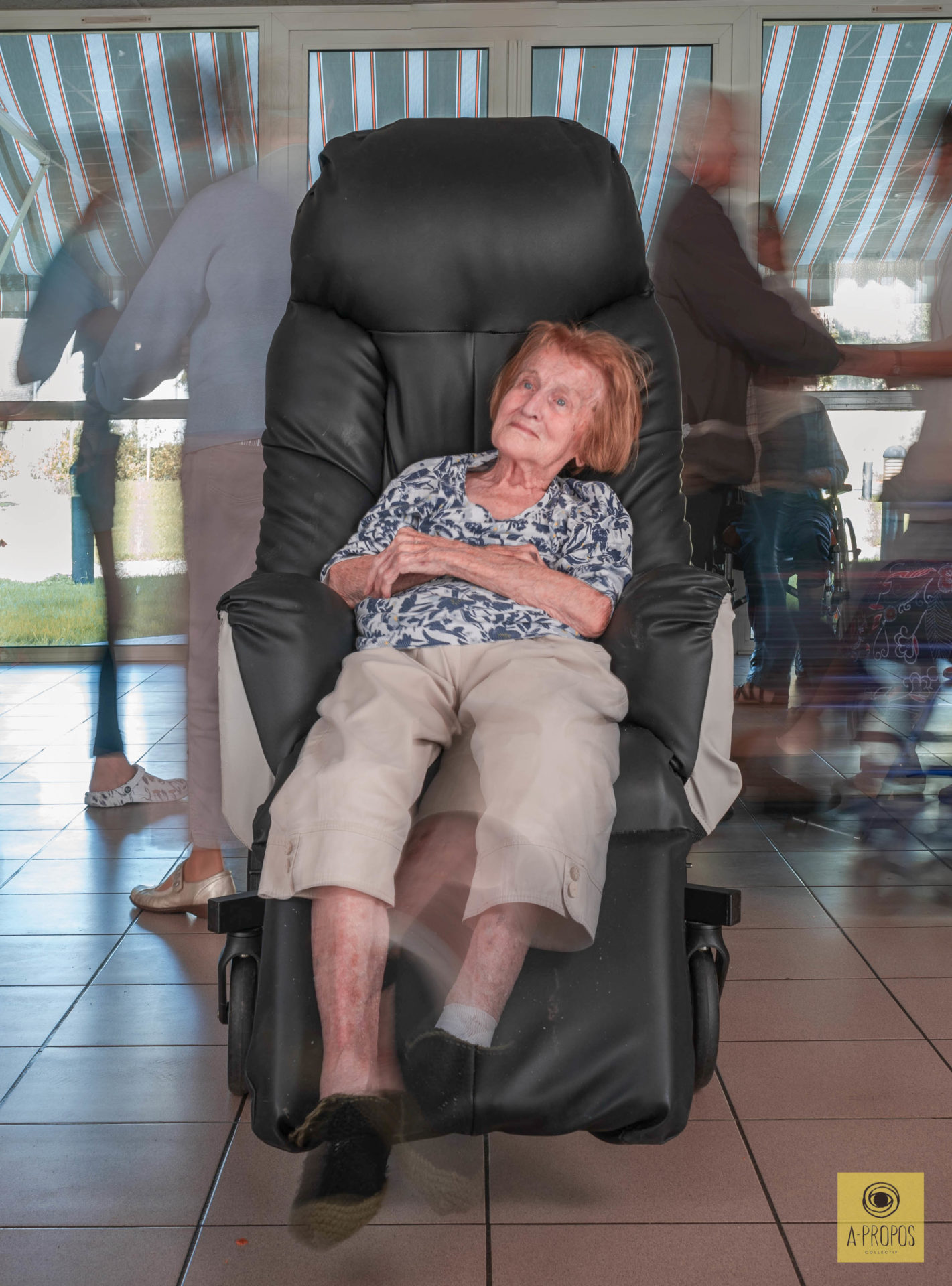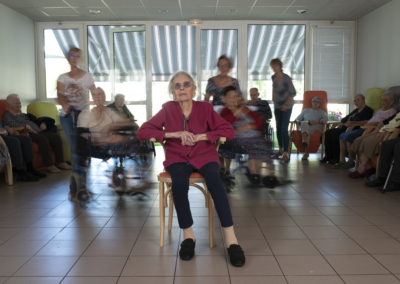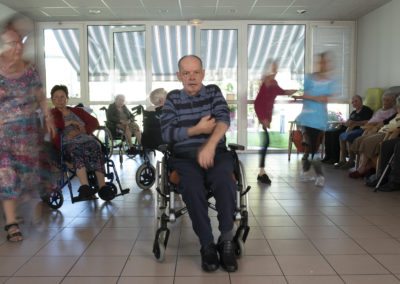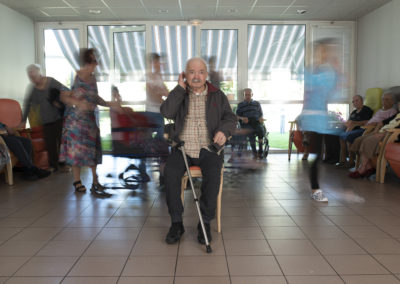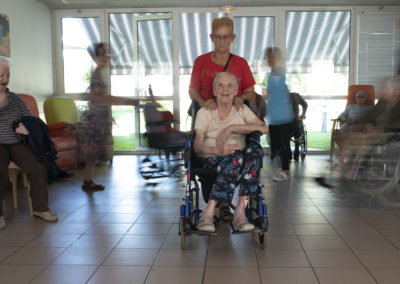
Pause Photo Prose
This game was created in result of an experimentation with photographers and educators specialized in animation and formation. This card-game aims to raise awareness about the origin of photographies, their multiple meanings and uses. Putting words on pictures helps to break free from the like/unlike reflex, in order to sharpen its image reading, to be independent, to be a citizen and not a consumer, to have your own opinion and share it with others.

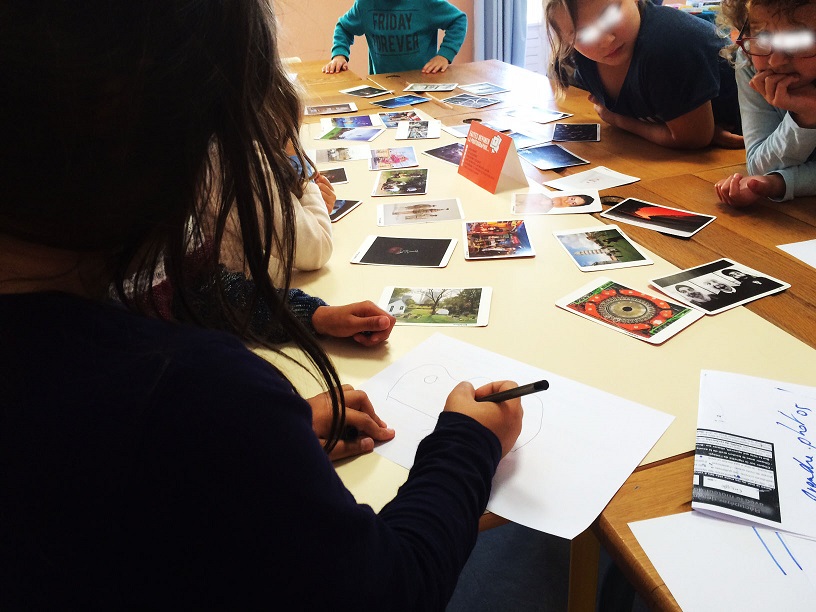
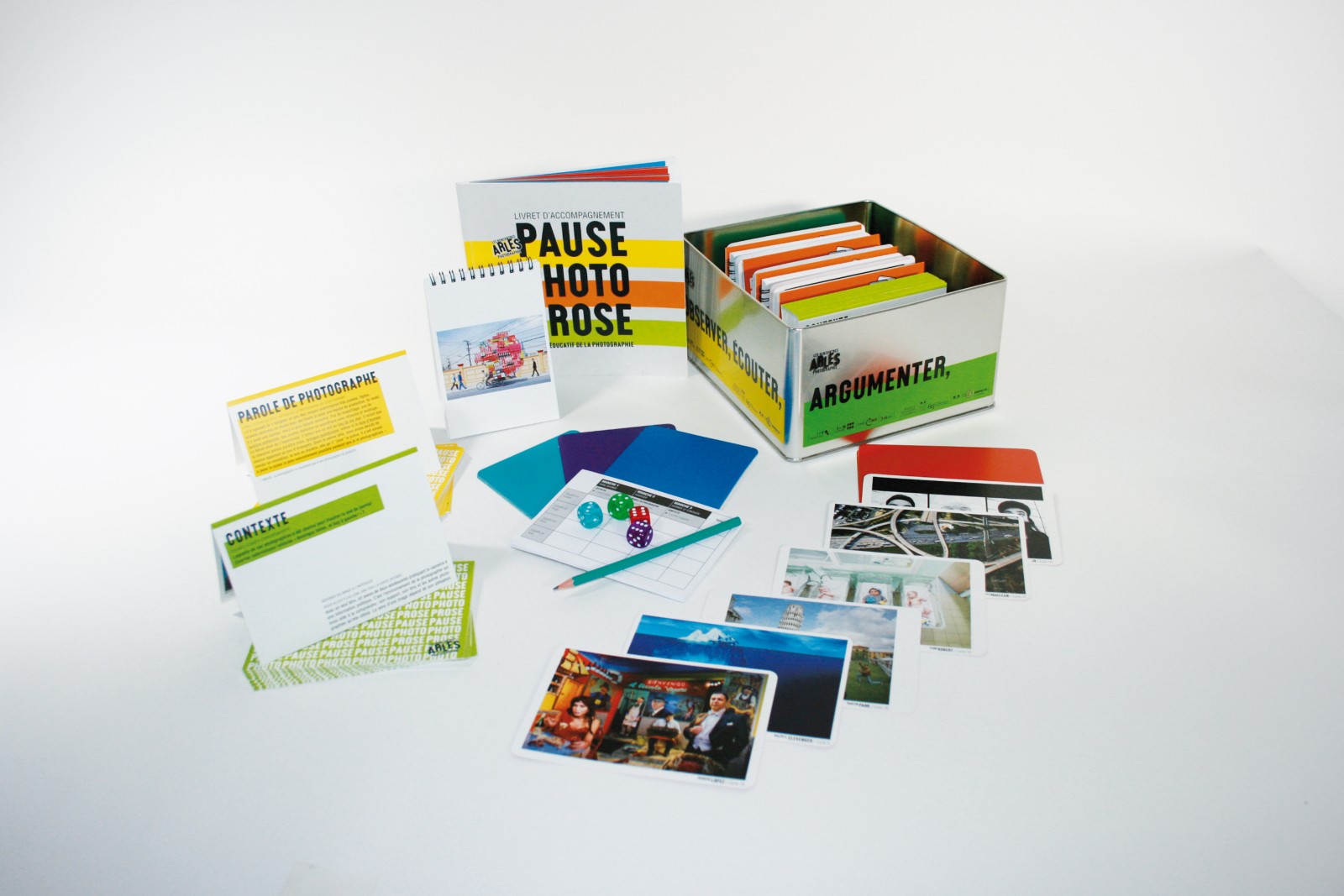
There are 32 cards in this game, they are as diverse as the hundreds of images we see everyday. Each photo was made by an author-photographer, who explains its artistic approach, each of this photos were then used for publicity, CDs, magazines, websites etc. This game is effective after three rounds, the players know how to read an image, which is an essential skill nowadays.
Goals
Games are a great way to stimulate curiosity, attention, collective thinking, and to bind a group together around common interest and reveal personalities. This game requires several qualities: quick observation, complicity, logic, knowledges, imagination, listening, and teamwork.
Logistics
|
Length |
1h to 3h |
|
Public |
from 4 to 99 yo |
|
Number |
from 4 to 30 |
|
Where |
a room |
|
Material |
Cameras, a studio, a video projector |
Programme
- History of photography
- Photography techniques
- Image analysis
- Discover the artistic approach
